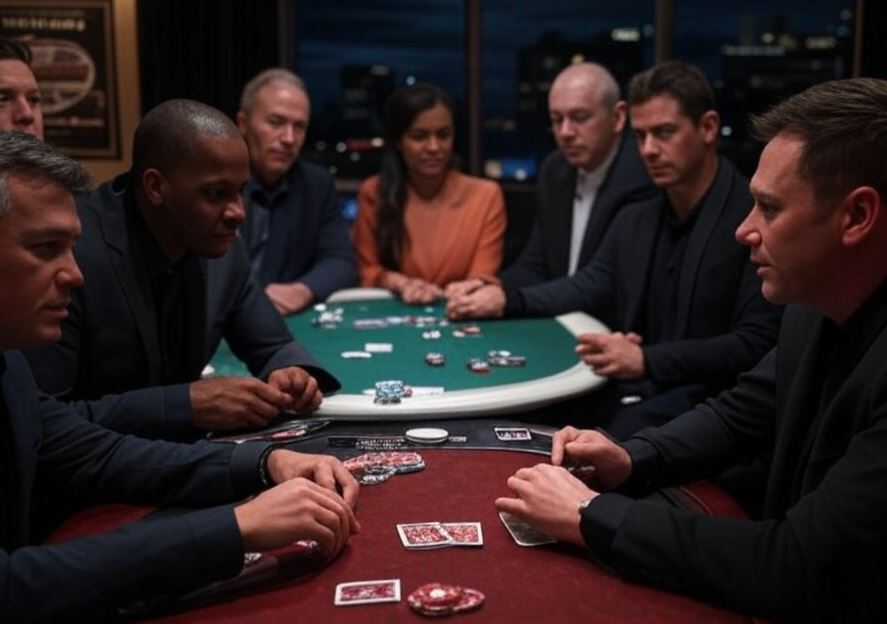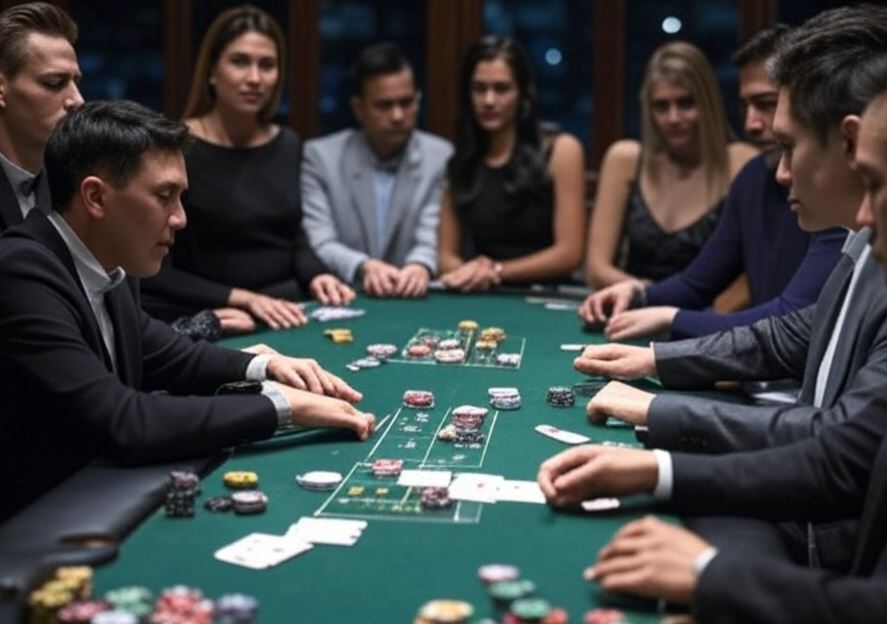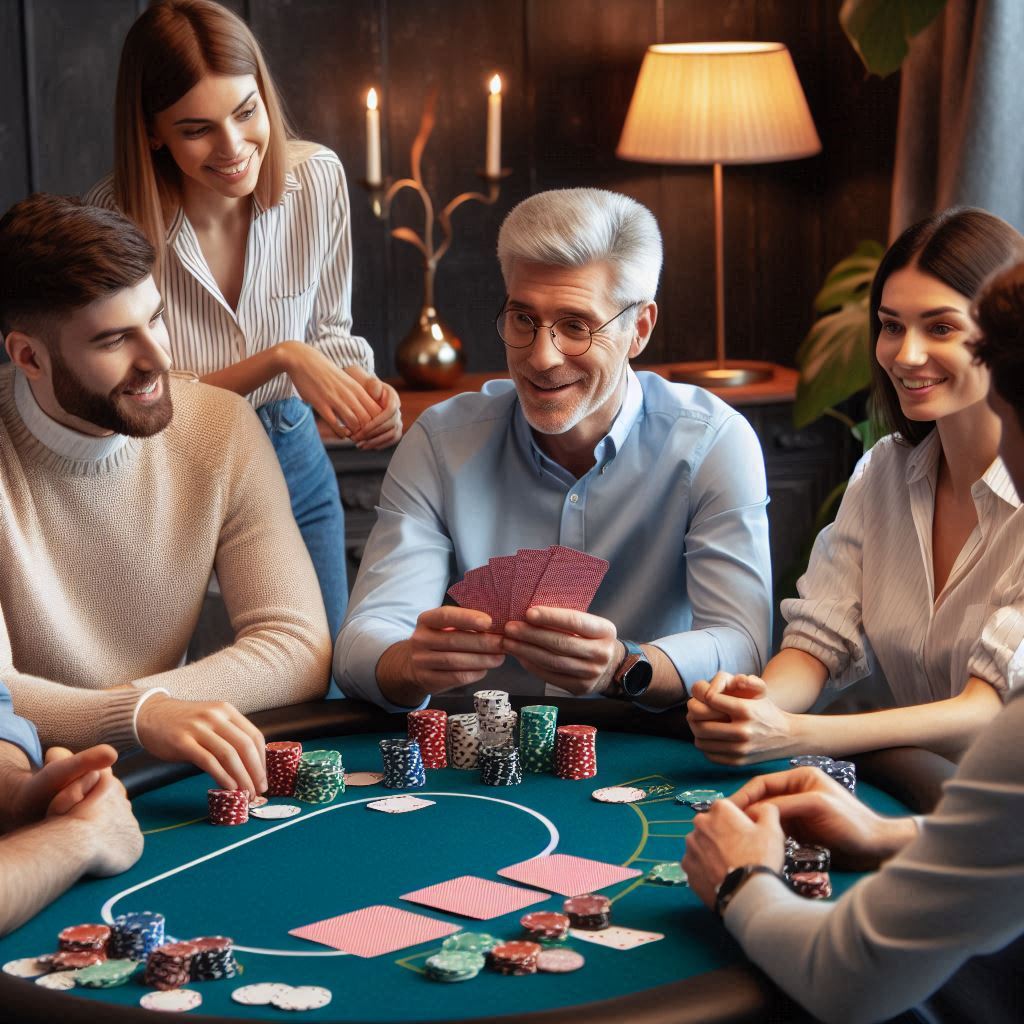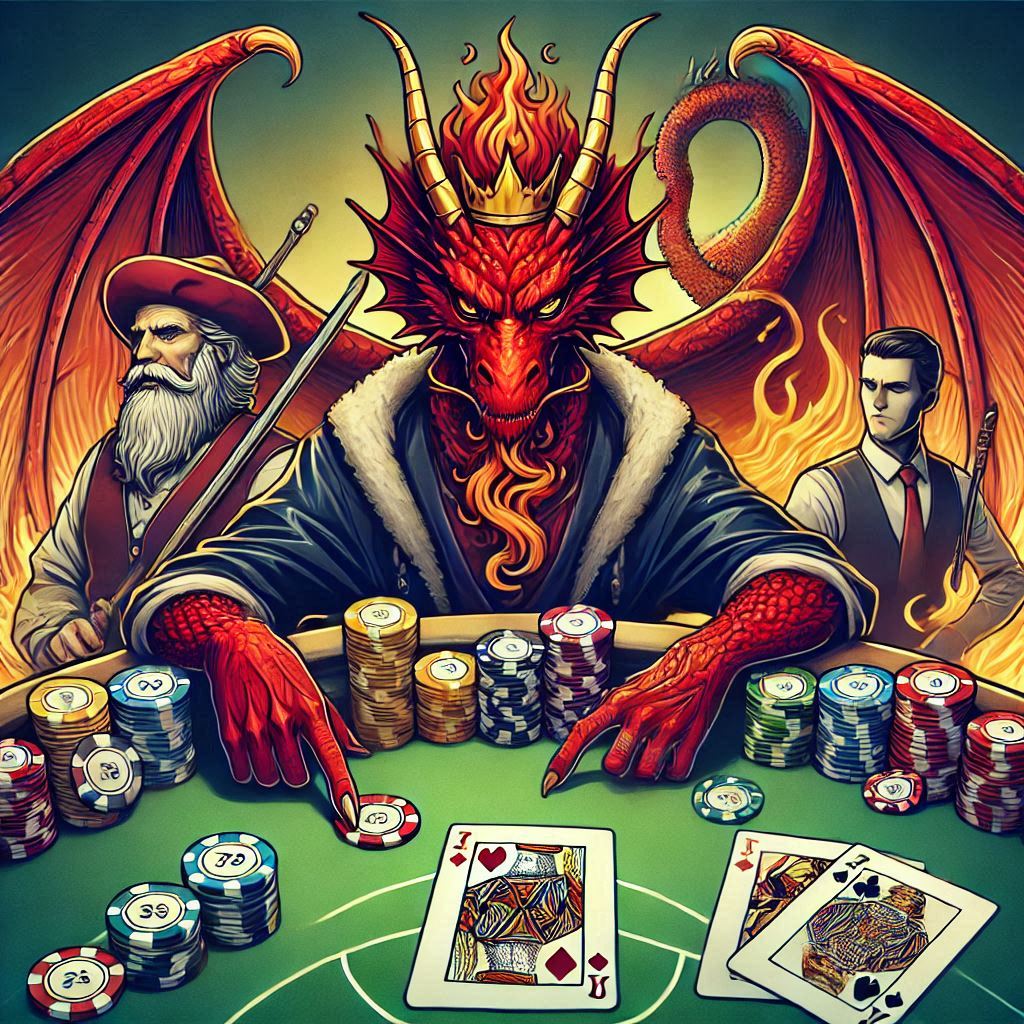
Understanding Bluff Catching
Bluff catching is a crucial skill in poker that involves calling an opponent's bet with a hand that can only beat a bluff. It's a delicate balance between reading your opponent, understanding the board texture, and having the courage to make a big call. Mastering this skill can significantly improve your win rate and make you a formidable opponent at the table.
Recognizing Bluffing Situations
To become proficient at bluff catching, you must first learn to recognize situations where bluffs are likely. This includes understanding common bluffing scenarios, such as missed draws, over-aggressive play, or inconsistent betting patterns. Pay close attention to the story your opponent is telling with their bets throughout the hand.
Analyzing Board Texture
The texture of the board plays a crucial role in bluff catching decisions. Some boards are more favorable for bluffs, such as those with many missed draws or disconnected cards. Understanding how the board interacts with your opponent's likely range can help you make more accurate bluff catching calls.
Considering Your Opponent's Range
One of the most critical aspects of bluff catching is accurately assessing your opponent's range of hands. This involves considering their pre-flop and post-flop actions, their position, and their overall playing style. The more precisely you can narrow down their range, the better your bluff catching decisions will be.
The Importance of Position
Your position relative to your opponent can greatly influence your bluff catching decisions. Being in position gives you more information and control, often making it easier to make hero calls. Out of position, bluff catching becomes more challenging and requires stronger reads.
Sizing Tells in Bluff Catching
Pay close attention to your opponent's bet sizing. Unusually large or small bets can often be tells that give away the strength or weakness of their hand. Some players use large bets to intimidate, while others use small bets to entice calls when they have strong hands.
The Role of Blockers
Blockers can play a significant role in bluff catching decisions. If you hold cards that would be key to your opponent's bluffing range, it increases the likelihood that they are indeed bluffing. Conversely, if you hold cards that would be in their value betting range, it makes their bluffs more likely.
Exploiting Player Tendencies
Observing and exploiting your opponents' tendencies is crucial for successful bluff catching. Some players bluff too often, while others rarely bluff. Adjusting your calling range based on these tendencies can lead to more profitable bluff catches.
The Dangers of Over-Bluff Catching
While bluff catching is an important skill, it's equally important not to fall into the trap of calling too lightly. Over-bluff catching can be a costly leak in your game. Always consider the overall context of the hand and be prepared to make disciplined folds when the evidence points towards your opponent having a strong hand.
Bluff Catching in Tournament vs. Cash Games
The dynamics of bluff catching can differ significantly between tournament and cash game play. In tournaments, factors like stack sizes, stage of the tournament, and ICM considerations can affect your bluff catching decisions. Cash games often allow for more frequent bluff catches due to the ability to rebuy.
The Psychology of the Hero Call
Making a hero call requires not just skill but also mental fortitude. It's important to detach emotionally from the outcome and focus on making the best decision based on the information available. Confidence in your read is crucial, but be prepared to be wrong sometimes – it's part of the game.
Improving Your Bluff Catching Skills
Improving at bluff catching requires practice and study. Analyze hands after your sessions, discuss difficult spots with other players, and consider using poker software to study common bluffing scenarios. The more you expose yourself to these situations, the better you'll become at making the right call.








